Qualcomm sues Apple over 'breached' mobile chips contract
Apple is accused of leaking Qualcomm tech knowledge to competitor Intel
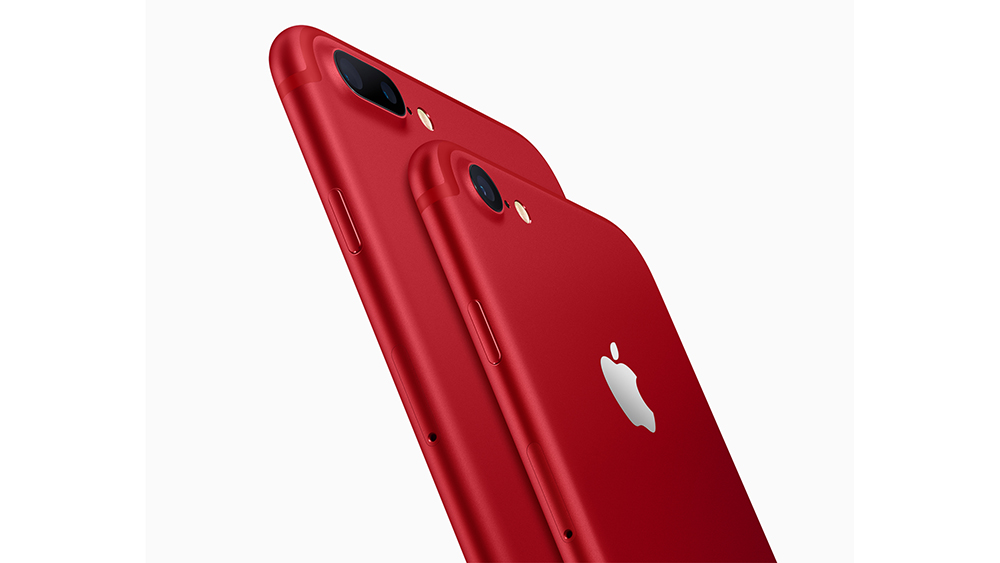
Qualcomm is suing Apple for allegedly failing to adhere to the terms and conditions it has set out for using its chips in iOS devices, saying the iPhone maker has used the information it provided to help rival Intel.
The chipmaker filed its lawsuit against the tech giant last week in San Diego, saying Apple breached the contract between the two companies,Bloomberghas reported.
It's the latest filing in an ongoing battle between the two companies over licensing fees that Apple purportedly hasn't paid Qualcomm, despite the smartphone, tablet and computer manufacturer using its chips as an integral part of some of its devices.
The company's chips are present in a large number of iPhones to help them connect to networks, but recently, Apple has started using Intel in some models of its iPhone to carry out the same job, including the iPhone 7.
Now Qualcomm has accused Apple of allowing Intel access to its software secrets, after Apple reportedly requested information from Qualcomm and included an Intel engineer in on the query. Apparently, this isn't the first time Apple has asked for a competitor to try and access Qualcomm's confidential information. The Cupertino-based company apparently asked another engineer for information aboutdata download technology.
Apple has previously accused Qualcomm of charging too much for the use of its patented technology, although the chipmaker retaliated by saying that Apple is lying to regulators to get out of paying the full fees.
There are rumours Apple could completely drop Qualcomm chips from its devices now the company has reportedly stopped providing some of the software needed for the tech manufacturer to test its devices, a source toldReuterslast week.
Get the ITPro daily newsletter
Sign up today and you will receive a free copy of our Future Focus 2025 report - the leading guidance on AI, cybersecurity and other IT challenges as per 700+ senior executives
The chipmaker said this wasn't the case though. "We are committed to supporting Apple's new devices consistent with our support of all others in the industry," Qualcomm said in a statement.
09/08/2017:The US International Trade Commission (USITC) has started an investigation into Apple products to see whether they infringe on Qualcomm patents.
The investigation, based on a Qualcomm complaint filed on 7 July 7, will seek to determine whether certain mobile electronic devices, such as the iPhone 7, and components in the devices including baseband processor modems, infringe on Qualcomm patents - something Apple has denied.
Qualcomm has asked the commission to issue a limited exclusion order and a cease and desist order on any Apple products found to infringe on its patents.
"The complaint alleges violations of section 337 of the Tariff Act of 1930 in the importation into the United States and sale of certain mobile electronic devices and radio frequency and processing components thereof that infringe patents asserted by the complainant" said the USITC. It has identified Apple as the respondent in the investigation.
Now, the case will be assigned to one of the trade commission's administrative law judges, who will schedule and hold an evidentiary hearing. The judge will then determine whether Apple is violating section 337 and the decision is subject to review by the commission.
The USITC is going to make a final determination as soon as it can, and after 45 days will set a target date for completing the investigation.
It added: "USITC remedial orders in section 337 cases are effective when issued and become final 60 days after issuance unless disapproved for policy reasons by the US Trade Representative within that 60-day period."
Don Rosenberg, executive VP and general counsel of Qualcomm, said: "Qualcomm is pleased with the ITC's decision to investigate Apple's unfair trade practices and the unauthorized importation of products using Qualcomm's patents."
He added: "We look forward to the ITC's expeditious investigation of Apple's ongoing infringement of our intellectual property and the accelerated relief that the Commission can provide."
Qualcomm has also sued for patent infringement in Germany in a lawsuit which commenced on 17 July, seeking "damages and injunctive relief for iPhones imported or sold in Germany".
The chip maker launched a complaint with the USITC in July to prevent Apple from selling some of its iPhones in the US, as it claims the tech giant has infringed six of its patents. It wants to bar the import of some iPhones and Apple products that use Intel wireless processors as it claims the devices using these chips are using Qualcomm inventions without its permission.
Intel hit back at Qualcomm, saying the firm was simply trying to maintain its monopoly of mobile chips in the US, and that the exclusion order would severely damage competitive conditions in the US.
IT Pro has contacted Apple for comment.
24/07/2017: Intel accuses Qualcomm of creating chip "monopoly"
Intel has hit back at Qualcomm for attempting to get Apple products running Intel processors banned in the US.
Qualcomm had demanded the ban at the start of July, claiming these products infringed its patents, but Intel has responded by accusing Qualcomm of trying to "maintain its modern monopoly".
In a letterto the International Trade Commission (ITC), Intel saidthat Qualcomm's aim is not to exclude supposedly infringing products from the US but to "exclude Intel modems from the United States, while giving free passage to allegedly infringing Apple products that incorporate a Qualcomm modem".
Intel also claims that Qualcomm is trying to use its complaint to "maintain its modern monopoly and perpetuate its broader and anticompetitive scheme".
The chipmaker added that an exclusion order on Apple products being sold in the US would "severely damage competitive conditions in the United States economy by reinforcing Qualcomm's hold on the premium LTE modern merchant market".
Intel claimed an exclusion order would fence it out of the LTE market and would send a message to other manufacturers about the risks of defying Qualcomm.
Apple and Qualcomm are locked in dispute over patents, with Qualcomm believing that some Intel-running iPhones infringe on its own patents, and therefore these products should be banned.The patents in question relate to chips prolonging battery life, as well as a method for handling video streams.
An Apple spokesperson previously toldIT Pro:"Qualcomm's illegal business practices are harming Apple and the entire industry. They supply us with a single connectivity component, but for years have been demanding a percentage of the total cost of our products - effectively taxing Apple's innovation."
Apple sued Qualcomm for $1 billion in January this year, claiming it had been overcharged for some patents.
Amazon, Google, Microsoft and Samsung took Apple's side in the latest dispute last week.The groupstated that Qualcomm's practices are anti-competitive and harmful to consumers. It declared that "Qualcomm is trying to use the ITC as a tool to maintain their anti-competitive practices in the face of lawsuits from Apple and the FTC".
However, Intel isn't innocent of attempts to monopolise the chip market.It was fined 1 billion by the EUin 2009 for allegedly offering kickbacks to computer manufacturers to encourage them to use its own chips instead of rival AMD's, and to delay launches of products featuring AMD chips.
Qualcomm has been on Intel's radar ever since announcing that along with Microsoft it will release the first ARM-based Windows PCs later this year. Intel has been a heavyweight for 40 years in this market and in a blog post explicitly warned that in the beginning of its microprocessor business it "needed to enforce its patent rights against various companies", mentioning AMD, Cyrix, and Chips and Technologies.
It underlined how "some companies may try to emulate Intel's proprietary x86 ISA without Intel's authorization" and that it doesn't welcome unlawful infringement of its patents.
07/07/2017:Qualcomm demands ban on iPhones, claiming patent infringement
Chipmaker Qualcomm has filed a complaint with the US International Trade Commission (ITC) in a bid to prevent Apple selling some iPhones in the US, claiming that the company has infringed six of its patents.
Qualcomm wants the ITC to investigate Apple and bar the import of particular iPhones and other products into the US to stop it from using Qualcomm's technology. It also wants to ban iPhones that use cellular baseband processors, and is seeking a cease and desist order to bar further sales of Apple products that have already been imported to the US.
The Snapdragon maker is only looking to block imports of iPhones that use wireless processors made by rival Intel, which would leave its own chip sales unaffected. According to theFinancial Times, Intel first began supplying these processors to Apple in the iPhone 7 last September. Qualcomm claims that the devices using Intel chips are allegedly using a number of Qualcomm inventions without its permission.
The patents in question relate to prolonging battery life, as well as a method for handling video streams.
Dan Rosenberg, executive vice president and general counsel of Qualcomm, said: "Qualcomm's inventions are at the heart of every iPhone and extend well beyond modem technologies or cellular standards."
He added: "The patents we are asserting represent six important technologies, out of a portfolio of thousands, and each is vital to iPhone functions. Apple continues to use Qualcomm's technology while refusing to pay for it. These lawsuits seek to stop Apple's infringement of six of our patented technologies."
Qualcomm also filed a complaint against Apple in the US District Court for the Southern District of California, alleging that Apple infringes the same six patents in the complaint filed in the ITC. It seeks damages and injunctive relief.
The company expects the ITC investigation to commence in August and for the case to be tried next year. Despite this, the ITC could take around 18 months to conduct an investigation and make a ruling so restrictions on iPhone sales won't potentially happen until the release of Apple's 2018 iPhone model, presumably the iPhone 9.
An Apple spokesperson told IT Pro:"Qualcomm's illegal business practices are harming Apple and the entire industry. They supply us with a single connectivity component, but for years have been demanding a percentage of the total cost of our products - effectively taxing Apple's innovation."
The spokesperson added: "We believe deeply in the value of intellectual property but we shouldn't have to pay them for technology breakthroughs they have nothing to do with. We've always been willing to pay a fair rate for standard technology used in our products and since they've refused to negotiate reasonable terms we're asking the courts for help."
Reported circulated last month thatApple was falling back on inferior Intel hardwareto meet supply demands for the iPhone 8.
Apple was allegedly looking to reduce its reliance on Qualcomm by increasing the percentage of baseband modems supplied by Intel this year. This echoed its policy for the iPhone 7, which saw Intel receive an outsourced proportion of 30%. This created a problem for Apple as the Intel chips offer inferior performance to Qualcomm's.
Qualcomm sued Applein April, claiming that it deliberately did not use these chips to their full potential in the iPhone 7 so they would not perform any better than those made by Intel. There is a consensus that the iPhone maker would shift back to Qualcomm hardware for its next phone, but this may not be the case considering their feud.
11/04/2017:Qualcomm has countersued Apple, claiming the tech giant deliberately failed to use Qualcomm's iPhone 7 modem chips to their full potential so they would not perform any better than ones made by Intel.
The lawsuit comes after several from Apple served on Qualcomm earlier this year.
Qualcomm listed several complaints in adocument,including claims that Apple breached agreements and mischaracterised agreements and negotiations with Qualcomm; interfered with Qualcomm's long-standing agreements with Qualcomm licensees that manufacture iPhones and iPads; encouraged regulatory attacks on Qualcomm's business in various jurisdictions around the world by misrepresenting facts and making false statements.
Qualcomm also alleged that Apple chose not to utilise the full performance of Qualcomm's modem chips in its iPhone 7, misrepresented the performance disparity between iPhones using Qualcomm modems and those using competitor-supplied modems, and threatened Qualcomm to prevent it from making any public comparisons about the superior performance of the Qualcomm-powered iPhones.
"Apple could not have built the incredible iPhone franchise that has made it the most profitable company in the world, capturing over 90% of smartphone profits, without relying upon Qualcomm's fundamental cellular technologies. Now, after a decade of historic growth, Apple refuses to acknowledge the well established and continuing value of those technologies," said Qualcomm executive VPand general counsel Don Rosenberg.
He added that Apple had "launched a global attack on Qualcomm and is attempting to use its enormous market power to coerce unfair and unreasonable license terms from Qualcomm.
"We intend to vigorously defend our business model, and pursue our right to protect and receive fair value for our technological contributions to the industry."
Apple had reportedly throttled Qualcomm chips in a bid to keep a uniform experience across the iPhone range.
Qualcomm said it is seeking, among other things, "damages from Apple for reneging on its promises in several agreements and to enjoin Apple from further interference with Qualcomm's agreements with the companies that manufacture iPhones and iPads for Apple".
The Qualcomm lawsuit comes after Apple filed its own lawsuit in January in the US demanding $1 billion from Qualcomm, arguing that it had been overcharged on the use of Qualcomm's patents, with Qualcomm allegedly charging for patents on technologies it had nothing to do with. Apple also filed lawsuits against the firm in the UK and China.

Clare is the founder of Blue Cactus Digital, a digital marketing company that helps ethical and sustainability-focused businesses grow their customer base.
Prior to becoming a marketer, Clare was a journalist, working at a range of mobile device-focused outlets including Know Your Mobile before moving into freelance life.
As a freelance writer, she drew on her expertise in mobility to write features and guides for ITPro, as well as regularly writing news stories on a wide range of topics.
-
 Bigger salaries, more burnout: Is the CISO role in crisis?
Bigger salaries, more burnout: Is the CISO role in crisis?In-depth CISOs are more stressed than ever before – but why is this and what can be done?
By Kate O'Flaherty Published
-
 Cheap cyber crime kits can be bought on the dark web for less than $25
Cheap cyber crime kits can be bought on the dark web for less than $25News Research from NordVPN shows phishing kits are now widely available on the dark web and via messaging apps like Telegram, and are often selling for less than $25.
By Emma Woollacott Published
-
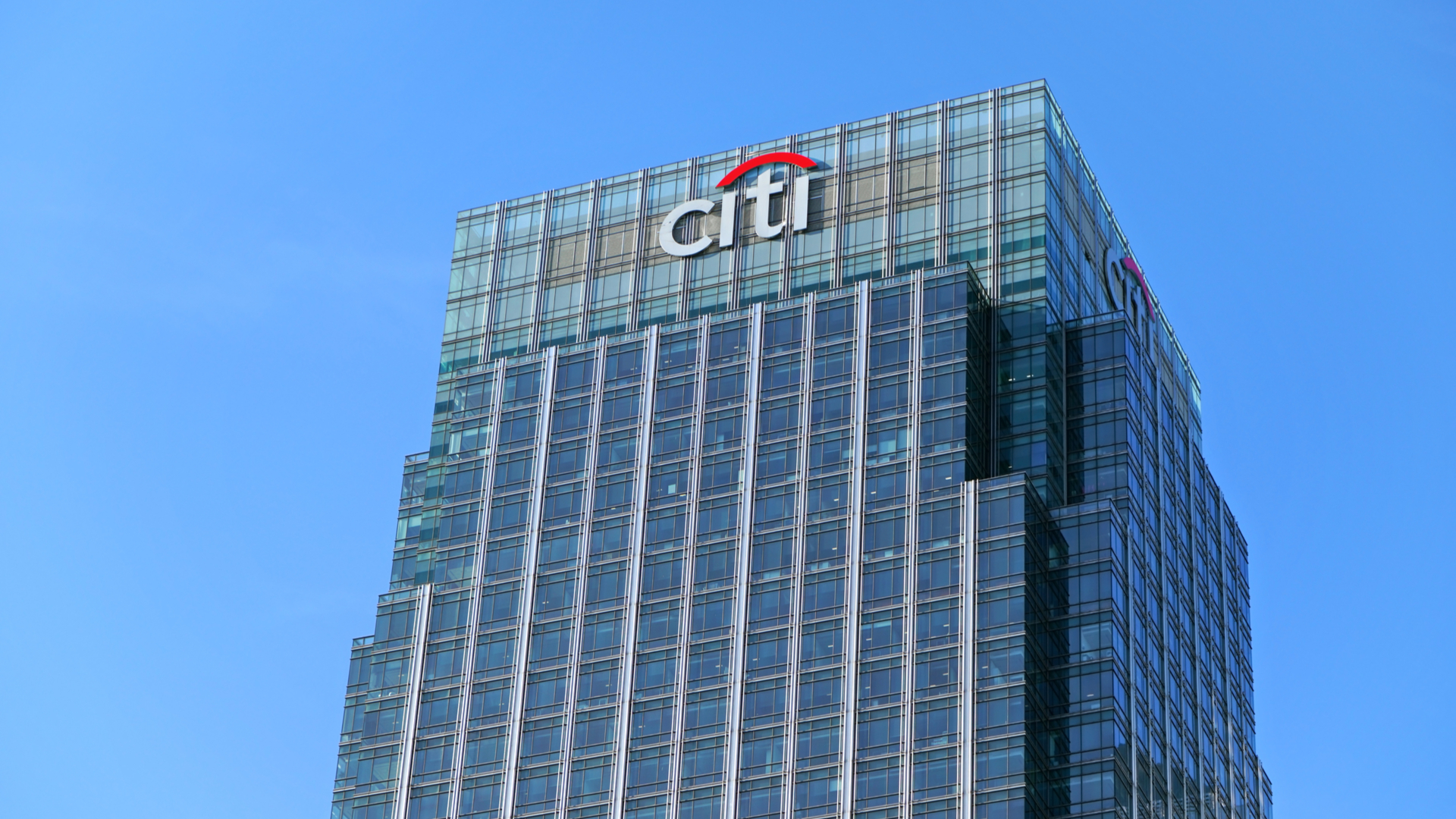 Citi to transition 70% of its workforce to Snapdragon mobile devices
Citi to transition 70% of its workforce to Snapdragon mobile devicesNews Longer battery life will allow the company to eliminate “thousands of tonnes” of CO2
By Adam Shepherd Published
-
 Qualcomm Snapdragon Summit: Snapdragon 8 Gen 2 platform unlocks new AI capabilities
Qualcomm Snapdragon Summit: Snapdragon 8 Gen 2 platform unlocks new AI capabilitiesNews Announced at Qualcomm's Snapdragon Summit in Hawaii, the latest chipset features improved AI support, Wi-Fi 7, and faster overall performance
By Adam Shepherd Published
-
 Qualcomm open to investing in Arm as part of consortium
Qualcomm open to investing in Arm as part of consortiumNews This comes after SK Hynix said it was interested in forming a consortium to acquire the British chipmaker
By Zach Marzouk Published
-
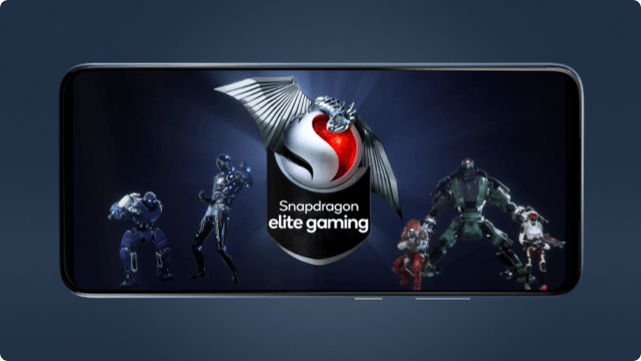 Qualcomm unveils $1,500 smartphone for 'Snapdragon insiders'
Qualcomm unveils $1,500 smartphone for 'Snapdragon insiders'News Triple-lens handset made by Asus with Qualcomm technology will be available "soon"
By Bobby Hellard Published
-
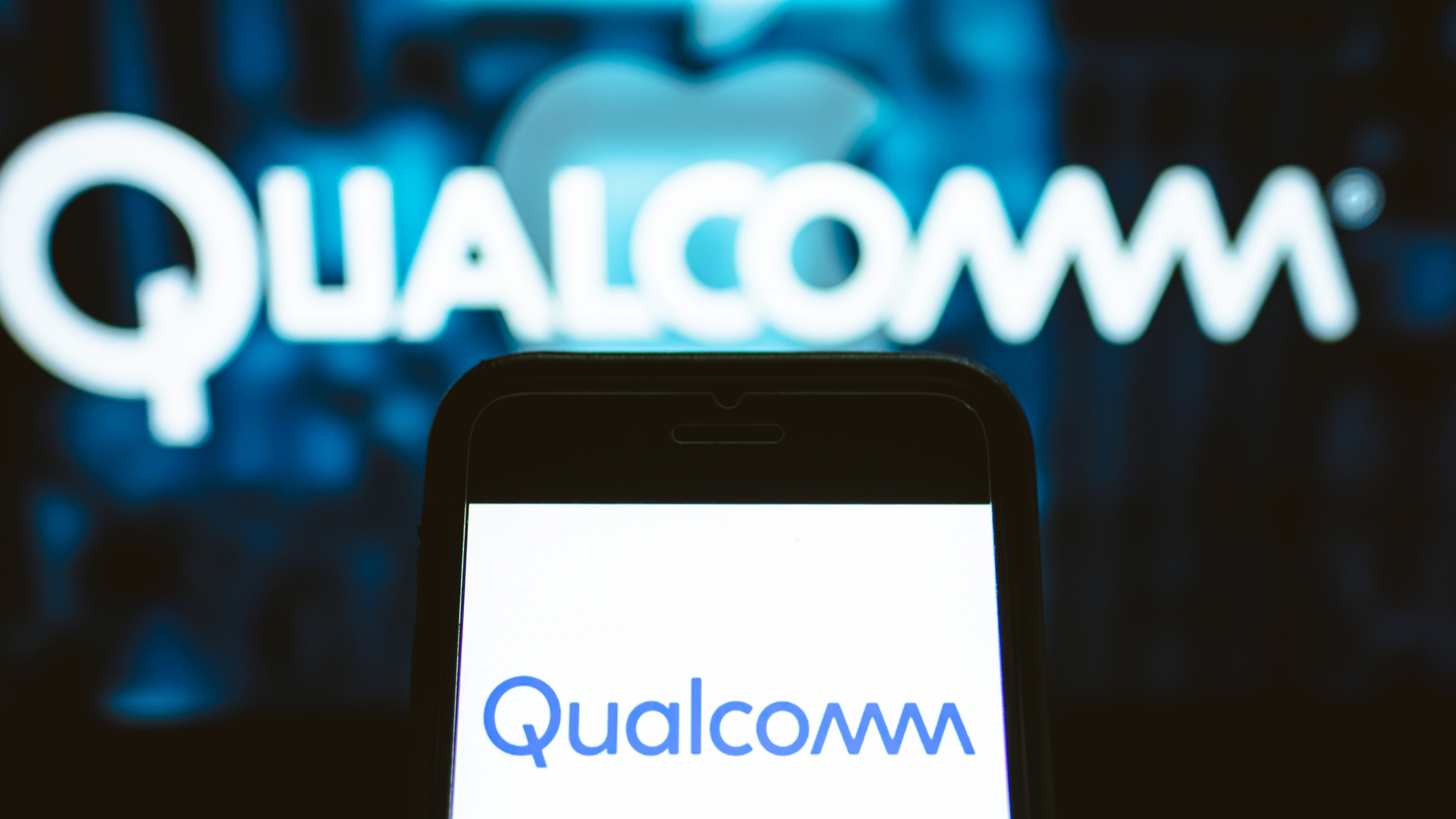 Qualcomm reveals Snapdragon 888 Plus 5G chipset
Qualcomm reveals Snapdragon 888 Plus 5G chipsetNews The new chipset boasts faster clock speeds and will boost AI performance on Android devices by 20%
By Danny Bradbury Published
-
 Fortnite creator sues Google and Apple over app store cut
Fortnite creator sues Google and Apple over app store cutNews Epic Games' battle over app stores' revenue slices continues
By Nicole Kobie Published
-
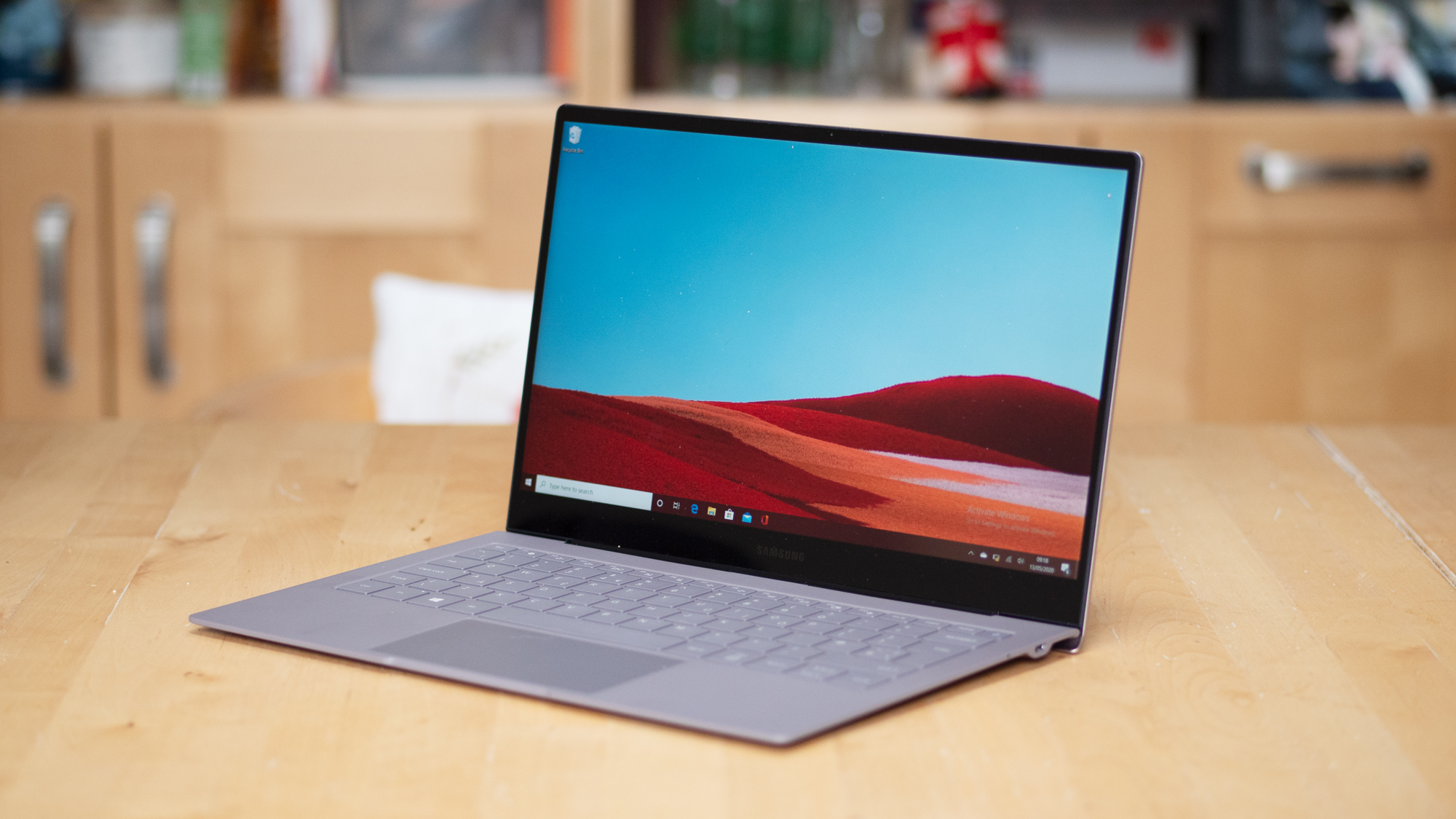
 Samsung Galaxy Book S review: ARMed and dangerous
Samsung Galaxy Book S review: ARMed and dangerousReviews So long, Surface Pro X - Samsung shows us how it’s really done
By Adam Shepherd Last updated
-
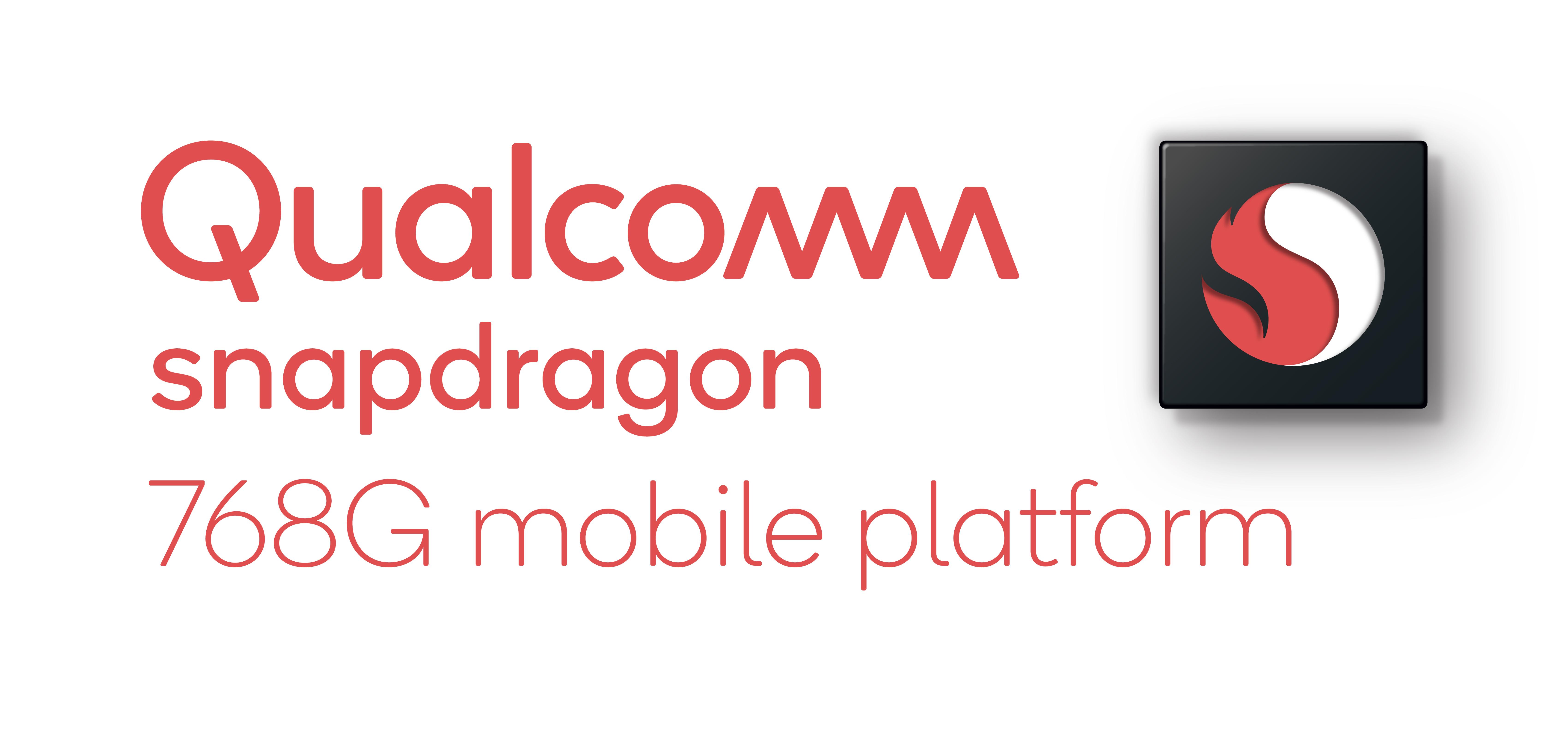 Qualcomm announces Snapdragon 768G 5G platform
Qualcomm announces Snapdragon 768G 5G platformNews New platform delivers 15% faster graphics rendering than Snapdragon 765G
By Sarah Brennan Published
